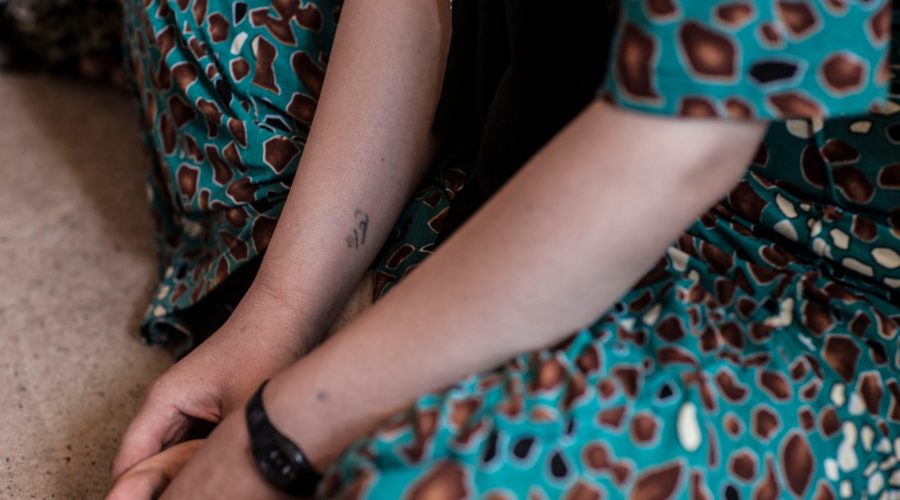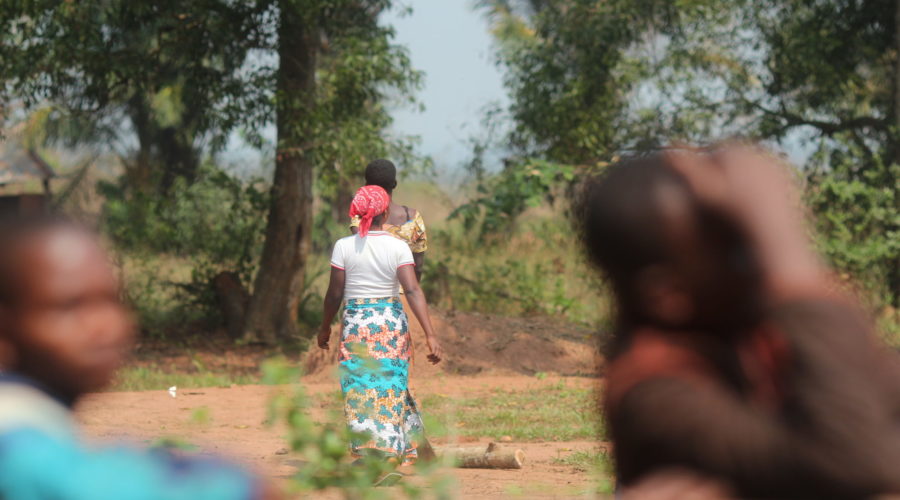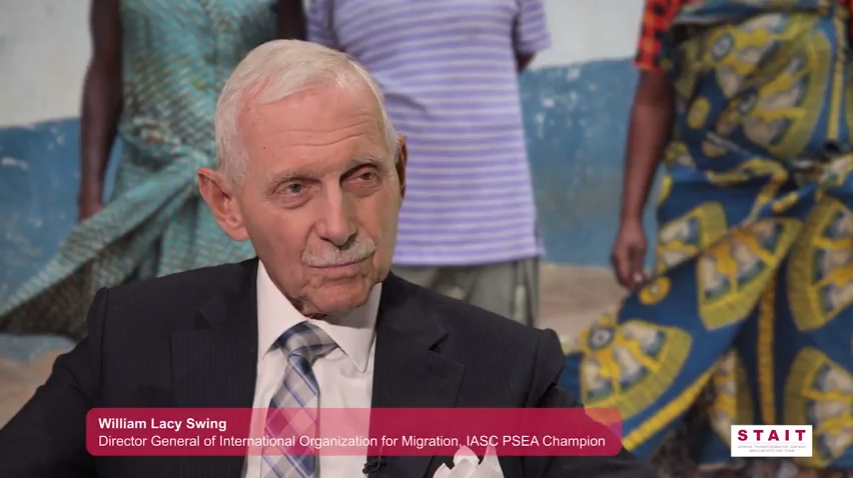Sexual Exploitation and Abuse (SEA) of affected people by humanitarian workers are one of the most basic failures of accountability to the people whom the humanitarian system is supposed to protect. As the Secretary-General of the UN has clearly said: “the trust that people put in us should never be broke by despicable acts of sexual exploitation and abuse. It is our responsibility to protect all those who we serve.” The 2015 IASC statement on Protection from Sexual Exploitation and Abuse (PSEA) calls for “reinforcing the responsibilities on PSEA for the Humanitarian Coordinator role to ensure that PSEA has a clear place within the humanitarian architecture”. Besides preventing SEA by humanitarian workers, the aid community also has the responsibility of holding perpetrators to account legally.
Practical steps for Humanitarian Coordinators and Humanitarian Country Teams to take forward their responsibility to prevent sexual exploitation and abuse include:
- Defining roles and lines of accountability at the most senior level (Special Representative of the Secretary-General, Humanitarian Coordinators, and Humanitarian Country Teams), and ensuring that PSEA is discussed regularly by the Humanitarian Country Team.
- Establishing a PSEA Task Force with dedicated leadership that reports directly to the Humanitarian Coordinator.
- Developing a common reporting platform to facilitate alignment of Code of Conducts, Standard Operating Procedures (SOPs), data collection, and incident tracking methods among humanitarian actors.
- Ensuring consistent and frequent awareness raising of humanitarian actors, including the signing of a Code of Conduct and follow-up with prevention and mitigating efforts.
- Ensuring transparent engagement with media on prevention of and response to SEA by both humanitarian actors and peacekeeping personnel.





